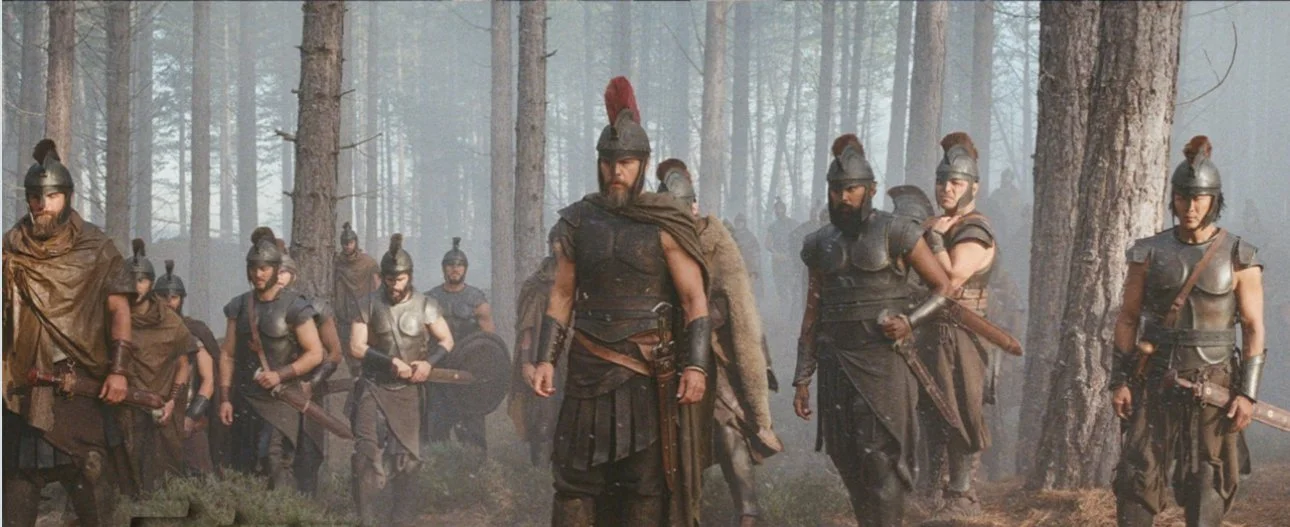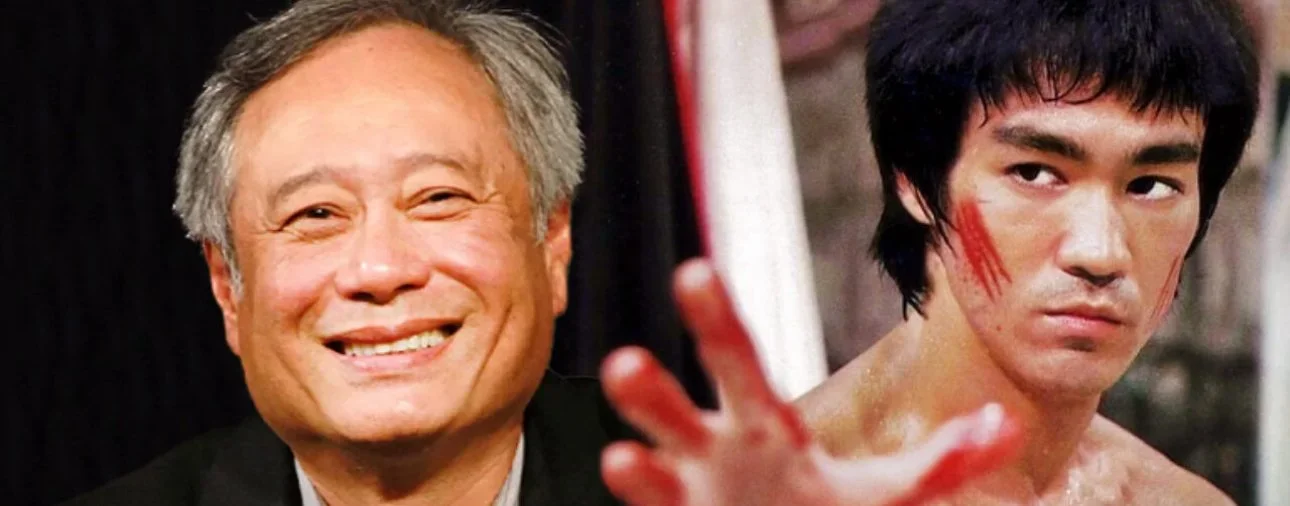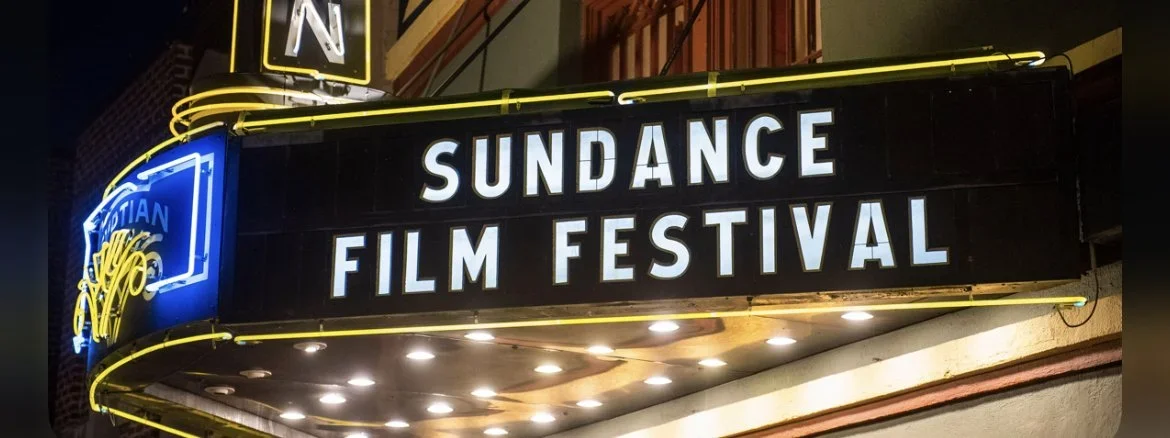The term "clusterfuck" was invented for use when events such as the misbegotten Fyre Festivalhappen. Fyre was a music fest that was the brainchild of Billy McFarland and rapper Ja Rule. It was driven by a nifty marketing campaign which promoted musical nirvana on a a deserted island (once owned by Pablo Escobar) in the Bahamas. McFarland would overcharge thousands of music fans to what the ads deemed to be the “most exclusive music festival on the planet.” Fine, kind of a vague description, and, by all accounts, what was being promoted was just that, a vague idea to lure class-obsessed individuals who would be able to snap pics of their experiences and share them on Instagram. The only problem was that McFarland turned out to be a professional scam artist, and Ja Rule, well, he was nowhere to be found. Suffice to say, it all went down in a glorious ball of fire which has now culminated in the release of two separate documentaries about it.
The thing about Chris Smith's "Fyre," the Netflix doc, is that you know how it's going to end, so the lure of the doc is the how-they-got-there. There is no real mystery to it. It all ended in a surreal shitshow of hypocrisy and delirious money-grabbing chutzpah. It turns out that "Fyre" is a valuable document because it tries to recount every single blunder, step-by-step, which led to festival-goers being stranded on a grimy deserted island, with no food, no water and barely any shelter.
At the start of the film, McFarland works off his charisma on the camera, but we soon come to realize that he is just a self-observed, class-obsessed, arrogant prick that kept lying his way to shady money, just for the sake of looking luxurious. The nucleus for the Fyre fest came about when McFarland and Ja Rule had the idea for the perfect promotional marketing stunt: hire famous influencers including the world's top 10 supermodels, which included Bella Hadid and Emily Ratajkowski, bring them all to a beautiful island, have the party of a lifetime, with Blink-182rocking out on stage, and FILM IT ALL for social media. In essence, the ‘Fyre’ fest was branded for people who wanted to live the luxurious life they couldn't afford, filled with crystal blue beaches, supermodels, and yachts. Word quickly spread that this was going to be the next big thing, so when the media told us that this was a game-changer for music festivals, little did anybody know that McFarland had no idea what he was doing. He had no plan, and if he did, it didn't seem to be clearly detailed by him.
This narrative in Smith's film is built on dread, a titanic-like catastrophe waiting to happen, slowly but surely, before our very eyes, a dream turned into a total nightmare for festival organizers. The result is nothing short of captivating as Smith chooses to use McFarland's former Fyre employees and their testimonies as the first-hand narrative of the film. Hand-held cameras and phone footage are used to tell his story. It also helps that McFarland decided to hire videographers to document his every move. We do, after all, live in a narcissistic age where millions want to continuously film themselves, apparently even as they are committing fraud, which is actually what happens in a particularly grotesque scene. McFarland, out on bail, lays down his telemarketing fraud in front of the camera and showboats rather than realizes that, quite idiotically mind you, this could further damage an already impending jail sentence that awaits him.
‘Fyre’ is rather simply told, but, as mentioned, because we will live in an era when anything and everything is filmed, what is gathered by Smith turns out to be nothing short of fascinating, especially if you didn’t know the whole story going into it. There isn’t much stylistic identity here, nor are there any inventive techniques to suck you in, it’s all about the story and the crisp-clear editing courtesy of Smith. A particularly touching note is the decision to document the Bahamian locals who worked endless hours to make the festival happen only to be screwed by McFarland and not paid anything. This ends the film with the notion that the true victims of this saga were not the festivalgoers but the poverty-stricken Bahamians who worked night and day to make the impossible happen only to not be compensated a single cent. [B/B+]






